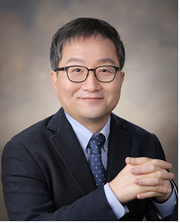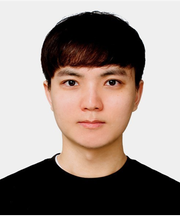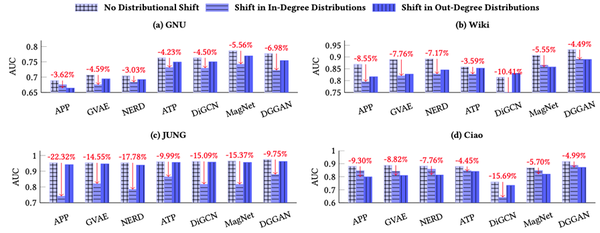Hanyang University
College of Engineering
 NewsFaculty
NewsFaculty
Faculty
| Social Network Analysis that Flexibly Responds to Changes in Data Distribution | |
|---|---|
|
작성자 : 한양대학교 공과대학(help@hanyang.ac.kr) 작성일 : 23.06.29 조회수 : 124 URL : |
|
|
Presented at the best international conference in data science
Expected to be used in recommendation systems and social science research
Professor Kim Sang-wook Hanyang University announced on April 28 that Professor Kim Sang-wook of Hanyang University's School of Computer Science's research team has recently developed new social network analysis called "ODIN," which flexibly responds to changes in data distribution. Social network analysis is a process that comprehends the complex characteristics inherent in relationships between users on social platforms such as Facebook, Instagram, and Twitter and extracts hidden patterns. The results of the analysis are widely used in various academic fields and businesses such as recommendation systems and abnormal detection. Pre-existing social network analysis utilize the degree distribution of given social network users. The degree distribution refers to the distribution of the number of other users to which the user connects. Professor Kim's team found that the accuracy of existing social network analysis was greatly affected by changes in order distribution. For example, the analysis of the current number of followers on a specific celebrity's Instagram shows high accuracy, but when the number of followers increases rapidly due to popularity and the order distribution changes, the accuracy of the analysis decreases significantly. Professor Kim's team revealed that existing social network analysis do not consider the types of relationships formed, such as making friends and following, between users, and found that this is the main reason for reducing the accuracy of analysis when the order distribution changes. Therefore, Professor Kim's team developed“ODIN (Out-of-Distribution Generalized Directed Network Embedded)” that learns a disentangled feature vector that is expressed by distinguishing factors that affect each user in forming relationships. ODIN utilizes technologies such as negative sampling strategies and multi-objective loss functions to effectively learn disentangled feature vectors expressed separately for each element.
As a result, ODIN has consistently achieved high analytical accuracy in various order distribution change scenarios that can occur in real-world datasets compared to existing social network analysis techniques. ODIN is expected to be used not only in the task of accurately analyzing a given social network but also in various recommendation systems and social science studies utilizing these social networks.
Dr. Lee Yeon-chang The research was supported by the National Research Foundation of Korea, SW Star Lab of the Institute of Information & Communications Technology Planning & Evaluation (IITP), and the research team of Professor Kim Sang-wook, along with Dr. Lee Yeon-chang of Georgia Tech in the U.S. and Professor Shin Ki-jung of the Korea Advanced Institute of Science and Technology took part.
Meanwhile, ODIN will be presented at the ACM Web Conference 2023 (hereinafter referred to as TheWebConf) in Austin, Texas, for five days from the 30th in recognition of the originality and excellence of the technology. The WebConf is one of the best conferences in the field of data science that is recognized worldwide. Professor Kim Sang-wook's team was approved to publish six papers in The WebConf in 2023 and will present three full papers and three short papers, including ODIN, at the conference.
Experimental results on the decrease in accuracy of existing social network analysis techniques according to the change in order distribution. Professor Kim's research team experimentally verified that existing social network analysis technologies do not flexibly cope with situations in which the order distribution of social networks changes over time. Social network analysis that flexibly responds to changes in data distribution. Factors that affect the formation of relationships between users in the network are defined, and each user is expressed as a disentangled feature vector that can distinguish and reflect these factors. |
|
| 이전글 | Developing Reconfigurable and Physically Unclonable Function Cryptographic Devices |
| 다음글 | AI Technology that Understand Silent Speech Is Developed |
|
|




